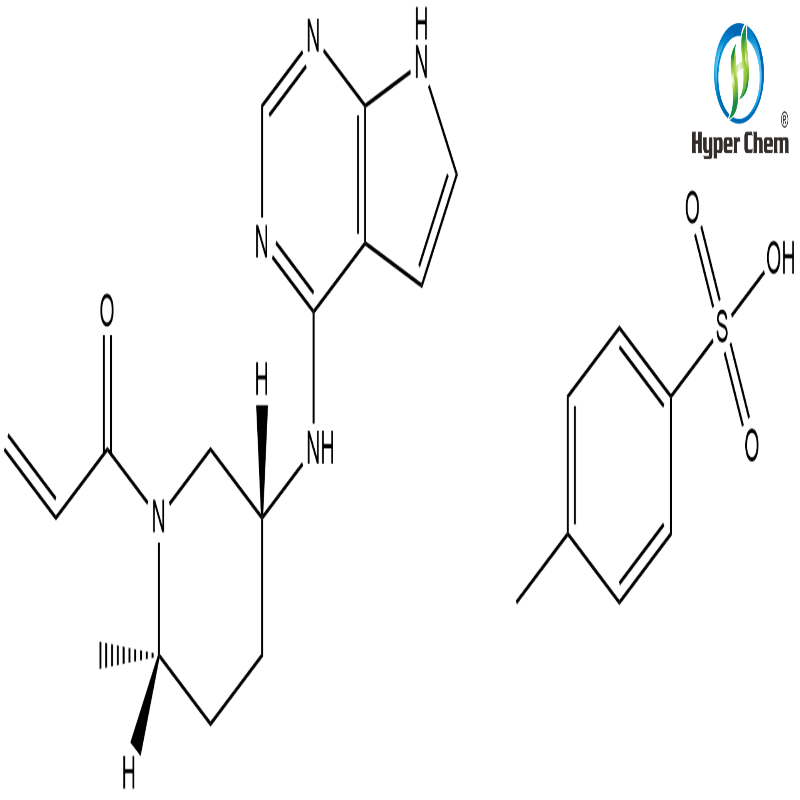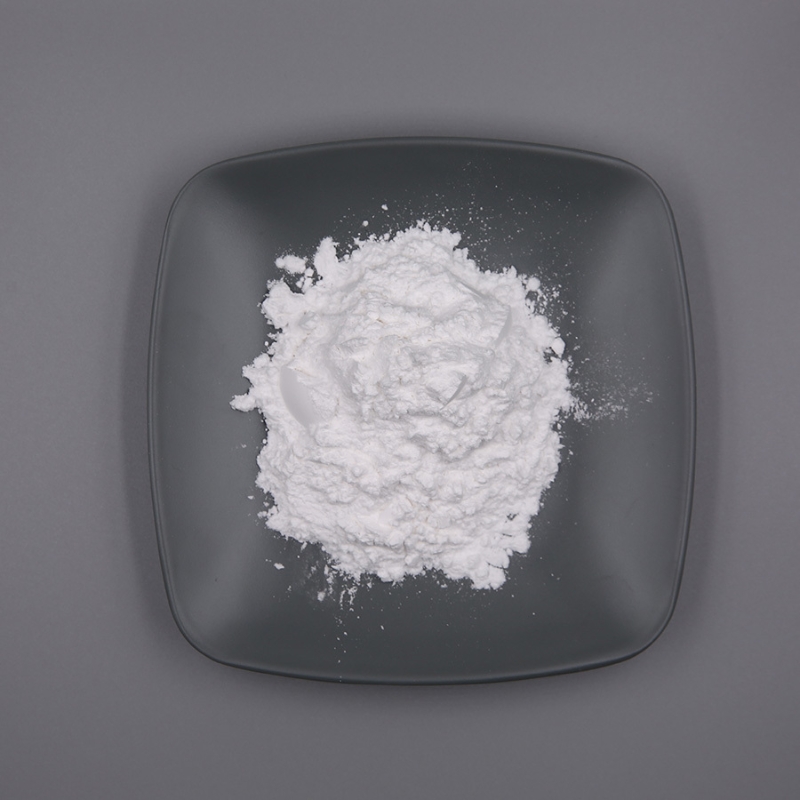-
Categories
-
Pharmaceutical Intermediates
-
Active Pharmaceutical Ingredients
-
Food Additives
- Industrial Coatings
- Agrochemicals
- Dyes and Pigments
- Surfactant
- Flavors and Fragrances
- Chemical Reagents
- Catalyst and Auxiliary
- Natural Products
- Inorganic Chemistry
-
Organic Chemistry
-
Biochemical Engineering
- Analytical Chemistry
-
Cosmetic Ingredient
- Water Treatment Chemical
-
Pharmaceutical Intermediates
Promotion
ECHEMI Mall
Wholesale
Weekly Price
Exhibition
News
-
Trade Service
Targeted immunotherapy is the main treatment for malignant tumors, autoimmune diseases and other immunologic abnormalities.
is one of the most commonly used immunotherapies in pediatrics.
currently few studies have reported long-term adverse events associated with lysoxifen in children.
this retrospective queue study aims to assess the correlation between the use of lysoxids and the timing of long- and short-term adverse events, infections or immune reconstruction in young people with different diseases.
included 468 patients under the age of 21 who received at least one dose of lytoxides between 1 October 2010 and 31 December 2017.
endpoints are adverse drug events (e.g. allergic reactions), the rate of mild and severe infections, and the time when B lymphocyte substation counts and immunoglobulin levels return to normal.
followed a total of 11,713 people a month.
of the 468 patients, 293 (62.6%) were girls, the middle age of lytoxides was 14.3 years (9.9-16.8 years in the quartering range), and 209 (44.7%) were self-reported as white.
72 patients (15.4%) had adverse events associated with lysoxid anti-annotation and 17 (3.6%) had allergic reactions.
long-term adverse reactions, such as long-term neutral granulocyte reduction and lewd brain disease, were not observed.
224 patients (47.9%) had been infected: 84 (17.9%) were severe and 3 (0.6%) were fatal.
CD20 plus B cell counts were associated with increased risk of infection, as well as static drop chemotherapy, treatment of systemic lupus erythematosus, neutral granulocyte reduction, and intravenous immunoglobulin.
In 135 patients (28.8%) who followed to B cell count recovery, the median time for cd19-plus or CD20-plus cells to return to normal was 9.0 months after lysoxi monoantigen use (5.9-14.4 months in the quartering range);
the number of B cell count CD27 plus memory B cells below the age level returned to the normal medium time of 15.7 months.
in patients with a normal immunoglobulin baseline assessment, 23.2% (67/280) had lower immunoglobulin G (IgG) levels and 40.8% (118/255) had lower IgM levels.
13.7% (16/117) of patients assessed for more than 12 months after lysoxi monotherapy had persistently low levels of IgG and 33.9% (37/109) had persistently low levels of IgM.
In summary, IgM below the age level, lysoxi monoantigen is well-to-do with young patients with different diseases, associated with a small number of severe adverse reactions, but infections are more common and the corresponding B-cell count recovery cycle is extended (usually for more than a year).
should further study strategies to prevent post-treatment infection of lysoxid.







